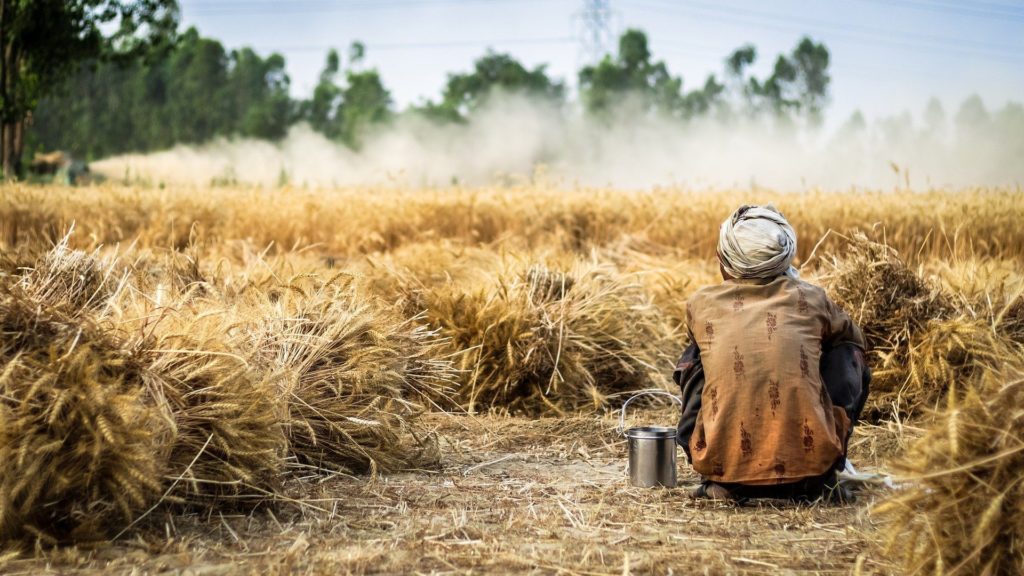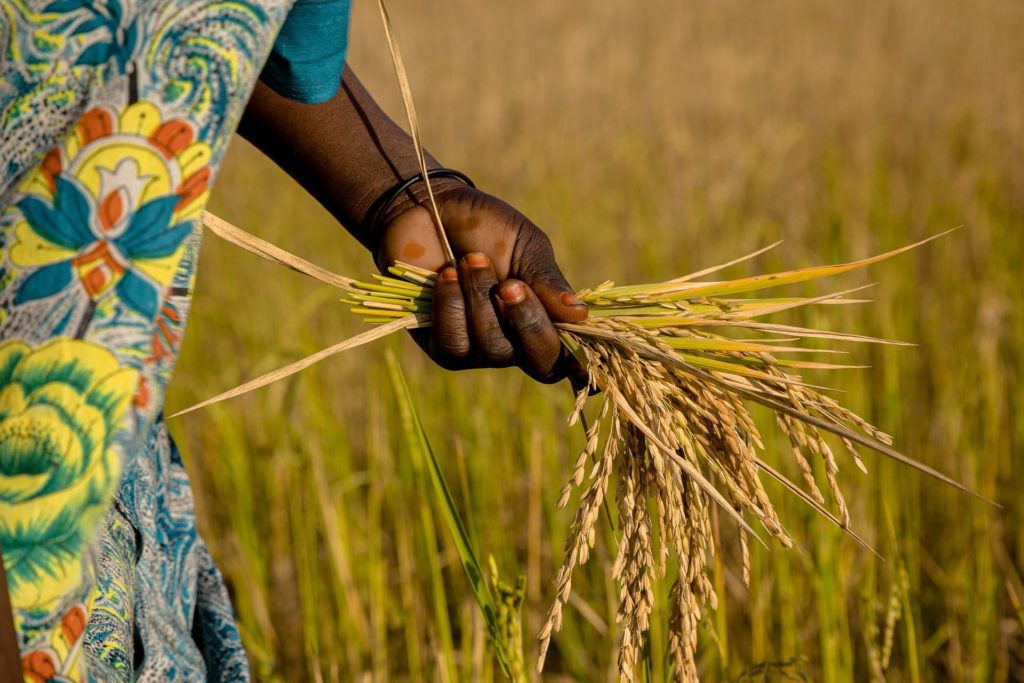
Central Africa: The Crisis of Climate Change on Crop Yields
Whilst climate change is an issue that affects all of humanity, areas of Africa are particularly vulnerable to its impact; it is an issue that must be taken into serious consideration. More than just a simple change in the weather, it is also the drastic increase in temperatures around the globe, driven by human-induced emissions of greenhouse gasses.
The earth is currently undergoing a period of rapid change. With temperatures rising due to human activities, such as the burning of fossil fuel, our planet’s climate is being altered. Increasing global temperatures are not the only reason why climate change is happening. Other factors that also contribute to climate change include mass deforestation and the unsustainable farming of livestock.
Most people are unaware of the full effect that climate change has on the way Africans live, causing water shortages and making it hard for some of the countries to produce food. As climate change increases, dangerous weather events across the country are becoming more frequent and severe, posing a threat to lives and livelihoods. Those living in developing countries which are less able to adapt are more likely to suffer the most due to climate change.
The Impact of Climate Change on Crop Yields in Central Africa
Agriculture, one of the most important economic influences within Africa, contributes to two-thirds of employment in the continent’s working population. In each African country, agriculture contributes to an average of 30 to 60 percent of gross domestic products. Farmers across Central Africa also rely on crop yields to help feed their families. Farmers and their families will feed off their crop yields as it allows them to source their own food which results in them spending less funds on buying food each day. The higher the yield and the more use of farmland will increase the well being of farming families.
The increasing temperatures, changes in rainfall patterns and extreme weather caused by climate change are affecting the livelihood of people in Central Africa, as there has been a significant reduction in crop yields. Weather patterns in Central Africa are becoming less favourable, increasing the volatility of crop and livestock yields. Farmers in this area of the world are generally more vulnerable to higher temperatures, rainfall and variable yields than farmers in developed, first-world countries.
“Climate change is having a growing impact on the African continent, hitting the most vulnerable hardest, and contributing to food insecurity, population displacement and stress on water resources”
The lack of crop yields within Central Africa are affecting the way farmers source their income to provide for their families. Without a decent yield of crops, farmers are unable to sell their products, resulting in less income to households. Climate change is having a growing impact on Central Africa hitting the most vulnerable and affecting agriculture as the population increases, therefore crop yield production is necessary to meet the increasing demand for food.
Africa has been identified as a climate change hotspot, due to the fact that key agricultural crops such as maize, wheat and rice require a significant amount of water for production. Central Africa will see a decrease in the length of wet spells and a slight increase in heavy rain. Without any change happening, crop yields in Central Africa are projected to decrease by the middle of the 21st century.
Drastic Changes Needed to Agricultural Infrastructure
Central Africa has some of the least developed land globally, however, governments are becoming more aware of climate change issues and are investing resources to spread more awareness of climate change and the impact it has on crop yields. Government, companies, development banks, donors and other organisations all stand to benefit from bringing high localised commodities into agricultural planning. However, improving climate change in Central Africa will require significant investments.
“We have two challenges, fighting global poverty and fighting climate change. Fail the one, fail the other.”
There are currently new investments occurring in climate resilient infrastructures, specifically in agriculture, as it will help reduce the impact of climate shock and provide a solid foundation for economic growth. For example, improvements in the functioning of the seed production systems would provide farmers with new varieties of seed that are better suited to the new, tougher conditions. This can increase the likelihood that farmers can maintain or actually increase yields, even when the weather is unfavourable. Local farmers will not be able to fund investments to help their crop yields, however, governments can liaise with local institutions, banks, private and public finance to help with the adaptation of climate change.
The actions that Central Africa are taking to improve climate change will help decrease the issues they are currently having with crop yields. For example, improving the water management system will help tackle issues with crop yields in periods of drought. This will make a big difference to the future. Not only will it improve the region’s economy, it will also have a huge impact on the quality of lives of the African people.
The Future of Tackling Climate Change in Central Africa
Crop yields are an essential factor within Africa. Unlike European countries, they depend on crop yields to provide food for the survival of their own families and not just for economic profit. Whilst researching climate change and its impact on crop yields in Central Africa, I personally believed that people in Central Africa may not be fully aware about the issues of climate change. I believe that the governments could be doing more to spread awareness of climate change.
Having relatives that live in Central Africa, I’m sure that they don’t know anything about climate change and what it’s doing to the country and how it may affect the future of our people and families. If individuals like myself that have more knowledge of climate change can help teach our families about its impact, this will hopefully lead to them spreading knowledge amongst their communities. Let us all come together and support Central Africa in improving their agricultural resilience against climate change.
Further articles which may interest you:






